Cannabis report: The case for legalisation must take into account its potential harms
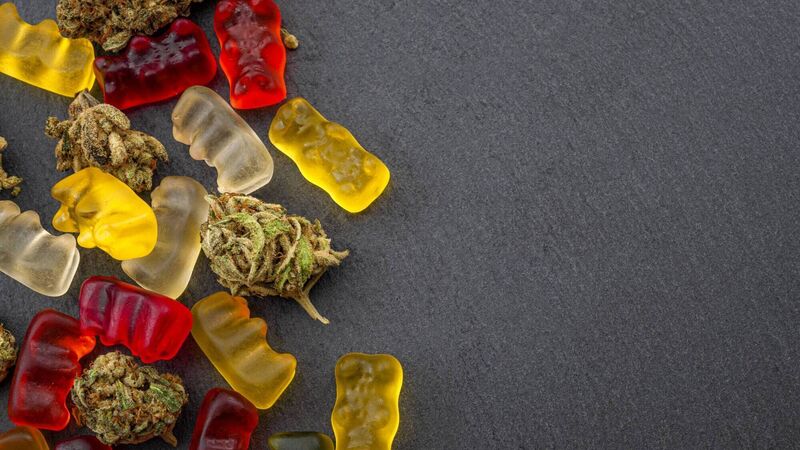
There have been reports of children or teenagers in Ireland being hospitalised after eating cannabis-infused gummy sweets. Stock picture
When is a gummy bear not a gummy bear? When it is a cannabis edible packaged to look like a bag of harmless sweets.
That is the warning from gardaí amid concern about an increase in products containing THC, known as cannabis edibles.
Detective Superintendent Sé McCormack of the Garda National Drug and Organised Crime Bureau says THC is being used in sweets, chocolates, cakes, oils, and toffee-like products.
“Of concern there is that these products are marketed as OK — the labelling makes them look like traditional sweets,” he says.
“This is something that is becoming more common and is being found in conjunction with the other types of drug like cocaine, cannabis herb, cannabis resin, heroin and ecstasy.
“Cannabis edibles are feeding in to the traditional drug market which is controlled by organised crime groups.”
This article is part of a series in the 'Irish Examiner' — in print and online — outlining arguments for and against regulating cannabis as a medicine. Click here to read the rest of the series.
Gardaí have come together with the Food Safety Authority of Ireland (FSAI) in a working group to observe, monitor, gather and share information on edibles so that there is a two-pronged approach to them, through law enforcement and food safety.
Det Supt McCormack says there have been incidents where children have consumed edibles thinking they were sweets.
Stressing that people don’t know what is in such a product or in drugs like ecstasy, he says: “While these things might be labelled, packaged, branded and sold as a particular product, they are not made in factories and are not subject to any drug regulation.”
He also reminds people who take drugs that they are funding the “crime that is reported in the news, the depredations that are being placed on certain sections of our community”.
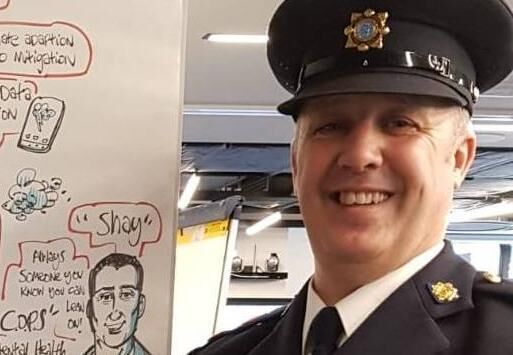
There is also concern in medical circles about the increasing use of such products. Last year, two East Cork teenagers were hospitalised and a third also fell ill after taking cannabis jellies. And in Dublin, two young children were hospitalised after eating similar products.
Bobby Smyth, consultant child and adolescent psychiatrist at the HSE’s Adolescent Addiction Service, says:
“There was a big surge in cannabis presentations to addiction services between 2008 and 2015/6 and it kind of stabilised since then. But that increase in presentations was not due to a big increase in the number of teenagers using cannabis.
“It seems to be that those who were using it were using it much more frequently and using a more potent form of cannabis which is more addictive and more likely to cause the mental health and memory problems.”
There is an increase in young people presenting for treatment related to cannabis jellies, he says, but the numbers remain small.
However, there are also cases now presenting in relation to the use of cannabis by vaping.
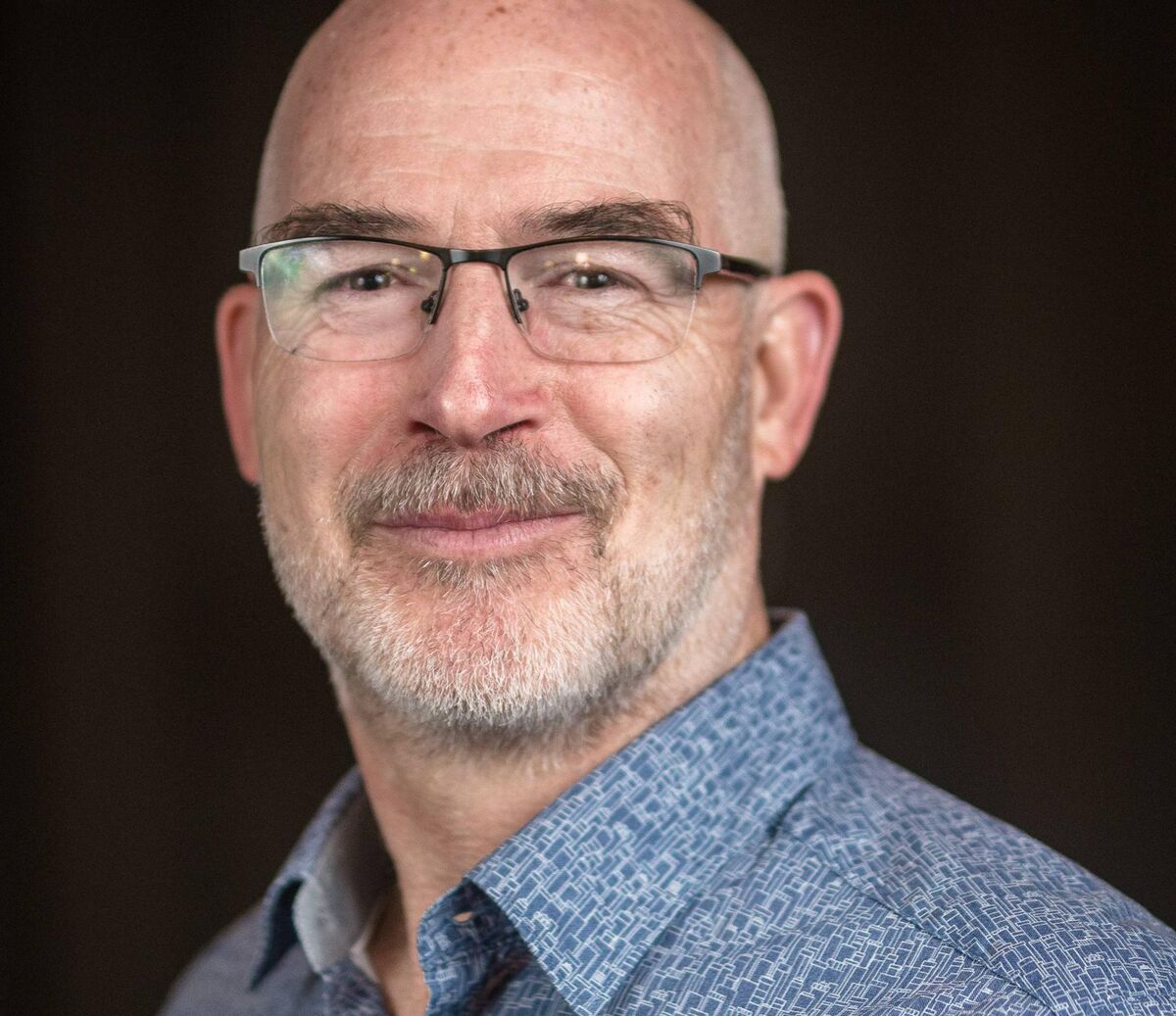
He elaborates: “Vaping has become a huge issue of concern as a route of THC in the US, where it can be legally sourced.
“Some of that supply has leaked into Ireland.”
He adds: “There are also worries that there is a category of drug called synthetic cannabis — man-made chemicals that act on the same brain receptor as THC.
“There is a real concern that some of the vape products contain the synthetic cannabis which is even worse than THC. Not huge numbers at all but it is a new pattern and new trend.”
He urges people to be wary that modern cannabis is a “different beast” now to the cannabis from the 1980s.
Det Supt Sé McCormack says domestic cannabis — which is sold in the same country as it is grown — is generally of a higher potency than cannabis imported from other countries.
“It generally has a higher THC level in it because it is generally grown in a growhouse rather than grown outside so all the inputs are controlled — the soil, the water, the light, the heat, the humidity, and the nature and gender of the plants.”
And cannabis is still the most prevalent controlled drug in Ireland, he says.
“In 2020, over €13.5m worth of cannabis was seized nationally in Ireland, most of which was in the form of cannabis herb or plants.
“This figure is slightly lower than the previous year. The only drug readily produced in Ireland is cannabis. However, the market is constantly changing.”
Gardaí have not come across a lot of cultivation operations in recent times, according to Det Supt McCormack.
Twenty such operations were detected across the country in May, of all different sizes.
Former minister for drugs, and now chairman of the Irish Red Cross, Pat Carey, is the current vice chairman of the North Eastern Regional Drugs Task Force, taking in Cavan, Monaghan, Meath, and Louth.
!['[Cannabis] has a reputation of being pretty harmless so young people are using it in a pretty reckless way,' according to Dr Bobby Smyth. '[Cannabis] has a reputation of being pretty harmless so young people are using it in a pretty reckless way,' according to Dr Bobby Smyth.](/cms_media/module_img/6263/3131582_13_articleinline_776738_776738.jpg)
He says: “My biggest concern about it is the prevalence of very, very strong cannabis — genetically modified cannabis. That evidence is fairly incontrovertible from a mental health point of view. I don’t think there is any dispute about the damage caused by very strong drugs to the mental health of the users.”
He warns that any recommendations arising from the citizens’ assembly on drugs use, when it takes place, will have to be followed by funding for mental health beds and addiction support services which, he accepts, cost money.
He stresses that the need to treat complex mental health issues where they accompany drug addiction cannot be ignored.
He adds: “We cannot go on and ignore it. The present drugs strategy, which is being reviewed, includes how cannabis use might be tackled.”
Labour TD Aodhán Ó Ríordáin, also a former minister for drugs, says that the future citizens’ assembly needs to look at drugs as a whole and address a number of issues around drug use, as opposed to focusing on individual drugs.
He believes self-medication for pain, and the issues around disadvantage and inequality leading to drug misuse needs to be examined too.
“What we need is a proper radical look at how we might fix this, because it certainly is not working at the moment,” he says.
Saying that he does not want to get into a debate about cannabis, Mr Ó Ríordáin says the key point about decriminalisation is that it is about the user, not the drug itself.
“It is irrelevant what substance they are addicted to or use,” he says.
“I am not medically equipped to have a debate with somebody else about the merits or demerits of cannabis use — but I do know that if somebody is criminalised for what they are using, it is not benefitting anybody.”
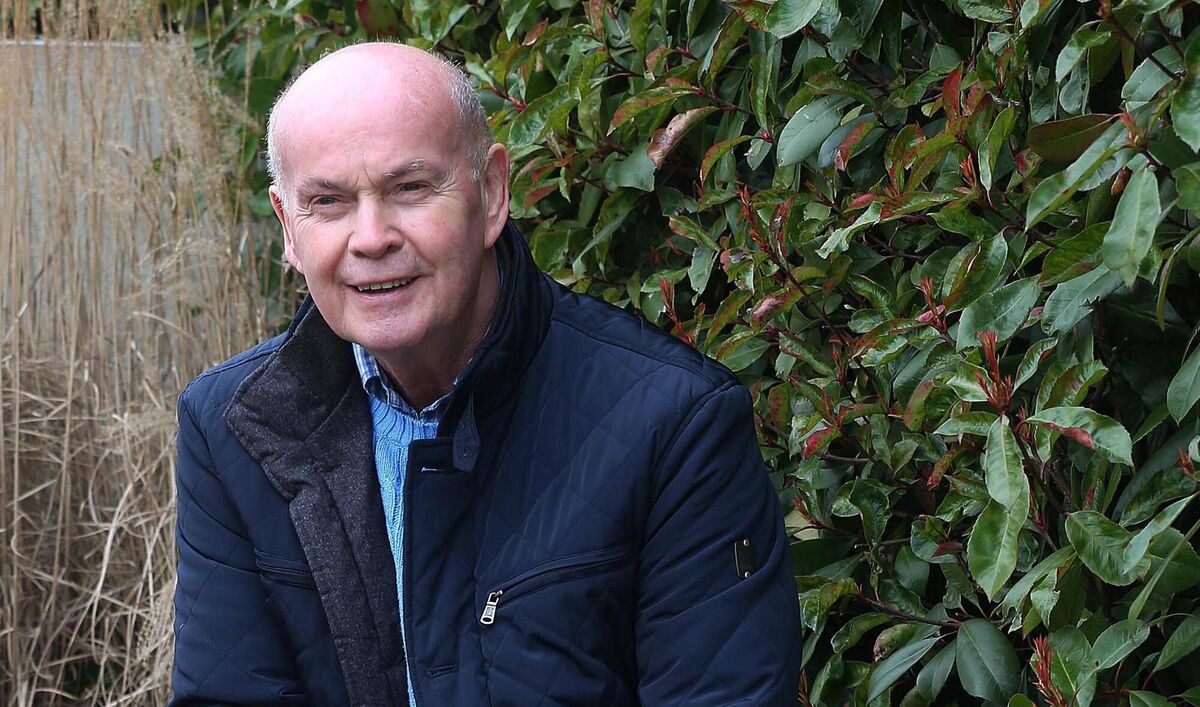
Instead, he says, it ensures that dealing of drugs remains underground which stigmatises people. He points out that there is an average of one overdose death a day in Ireland, and stresses that the drugs issue is also a socioeconomic issue.
He believes there is a need to decriminalise drug users in a bid to support them in making less harmful choices and get access to help through the health system, instead of the criminal justice system.
Sinn Féin TD for Kerry, Pa Daly, is a solicitor who regularly saw cannabis possession cases come before the district court.
He says the futures of young people are impacted by drugs possession, which he believes is not fair.
Mr Daly says: “For example, if ever going to America, they would have to complete a form and state if they were ever charged with something — even if they did not have a conviction.
"So where cases were dealt with by the Probation Act, answering that question truthfully on whether you were ever charged with a drugs offence, you were still affected.
“I saw a lot of those cases over the years and, in Kerry, a lot were dealt with through the court poor box and people were left without convictions.”
He adds: “I am not really in favour of legalisation but I think people should be given a chance for small amounts of cannabis in particular. I am not so sure about the cocaine side of things. Decisions to provide the adult caution more and keep people out of the courts system for small amounts should definitely be explored.”
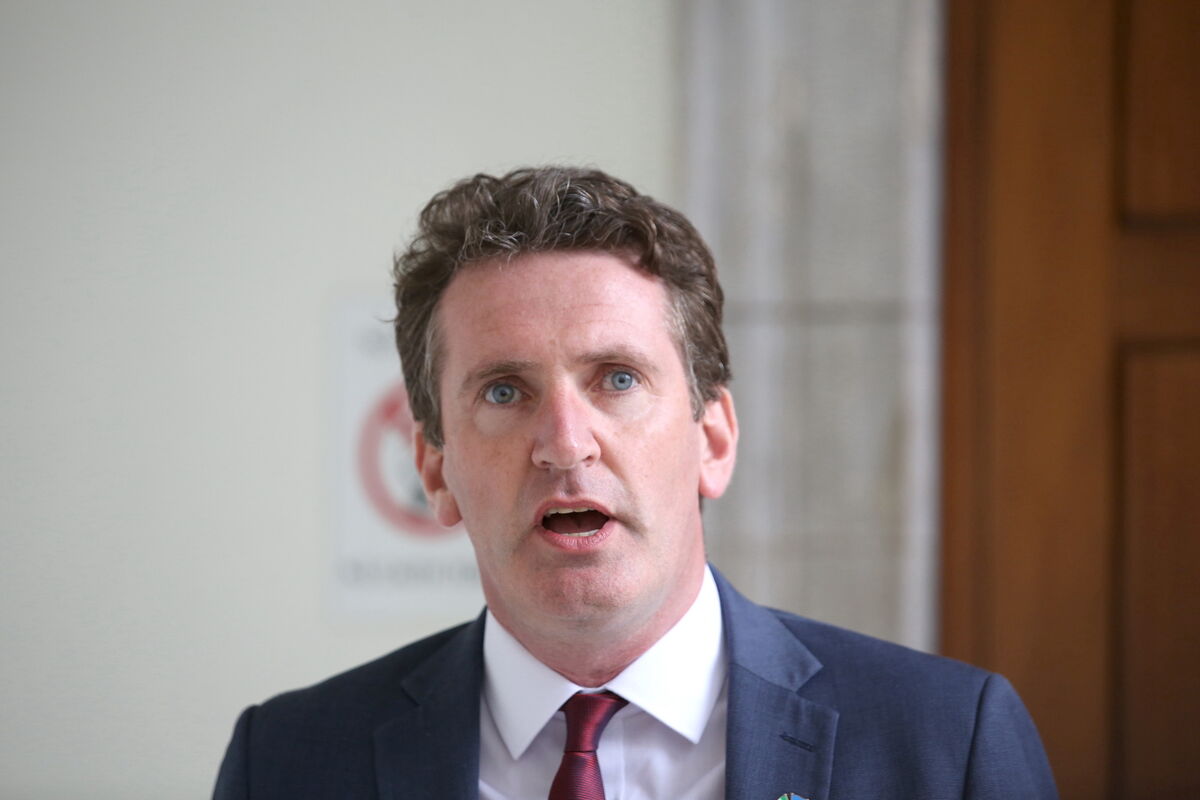
Over a year ago, the College of Psychiatrists of Ireland issued fact sheets on cannabis. It warned that the drug represents the “gravest threat to the mental health of young people in Ireland today”, and stated that the number of hospital admissions of young people with a cannabis-related diagnosis increased by 300% between 2005 and 2017.
Prof Bobby Smyth says that in his work in HSE adolescent addiction services, cannabis is main drug behind admissions.
“People presenting to us are in proper addiction, in that it is consuming their lives, morning to night,” he says.
“Kids know to treat cocaine with respect, they know to treat alcohol with respect — but they smoke cannabis like cigarettes. And they are surprised when they struggle to stop it, are surprised when they are getting into debt to fund their use, or when their mood ends up pretty unsettled and irritable.
"We think of cannabis as a sort of chillout drug but the parental experience of having a teenager who is addicted to it is of having a lot of anger in the house. There is a lot of irritability, and sometimes aggression.
“Nationally, cannabis is the main drug in 75% or so of all presentations for young people under the age of 18, and even up to the age of 25, there are more cannabis-related addiction episodes than there are alcohol related episodes. There is no sign of that changing.
"There is a lot of attention paid to cocaine. Cannabis is sort of ignored — and when it is covered in the media, it is people telling us it is a medicine and it is a medical cure for something.
“So people are as likely to hear good things about cannabis as they are to hear bad things, and that is adding to the misunderstanding about the drug and an underestimation of the risk it poses.”
He admits that there are not huge numbers of young people presenting with psychosis. But he said: “When we do see them, cannabis is very often in the background.
“And when we look at psychiatric admission data and admission to general hospitals for mental health reasons, cannabis is by far and away the biggest contributor to those presentations — way more than cocaine or opiates or benzos or any other drug category. That is for people right up to the age of 30 years old.”
And he says: “Indebtedness is often a background issue why someone is referred into treatment.
“Parents are sick and tired of paying off debts of €500 or €1,000 or more and it becomes a driver into treatment. Parents are also sick of having strangers knocking on the door and threatening them and their children. What some children end up doing is doing a bit of casual dealing to their friends.”
Far more boys than girls enter treatment for cannabis addiction but, he notes, “it is across the socioeconomic spectrum”.
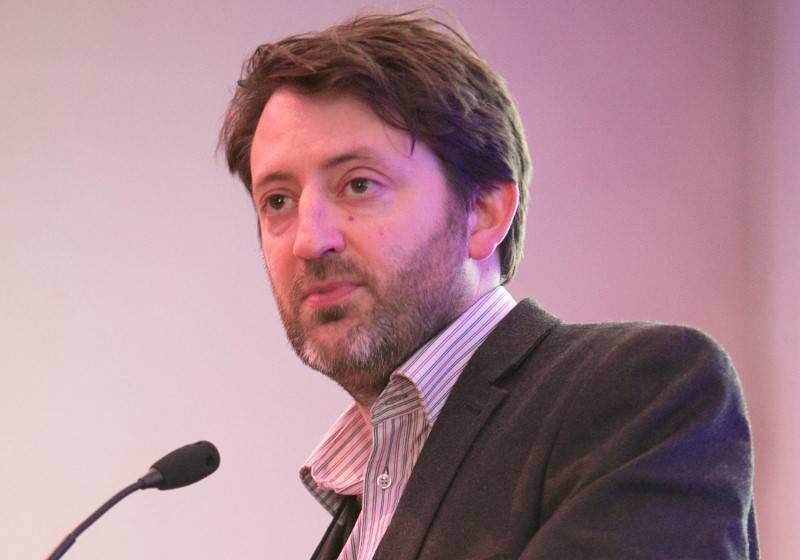
Prof Matthew Sadlier is a consultant psychiatrist working in old age psychiatry.
He says he has come across cognitive impairment problems in older people, related to cannabis use. Cannabis stays in a person’s system much longer than alcohol.
In a younger person, the effects of cannabis on cognition would be small compared with older age cohorts.
Prof Sadlier describes a small number of older patients he has seen who were suspected to be in early dementia but whose symptoms improved when they stopped smoking cannabis.
He stresses that in those cases, there was an element of dementia already present, which was exacerbated by cannabis use. His professional opinion is that cannabis use is associated with dementia in the long run, but he adds:
“We know that chronic alcohol use increases your risk of dementia, chronic cocaine use increases your risk of dementia significantly.”
Statistics relating to cannabis are not as easy to find as those for alcohol because there has only been a mass use of cannabis in the last 10 to 20 years. He believes that the risk regarding cannabis-related dementia relates to the volume of the drug that a person smokes.
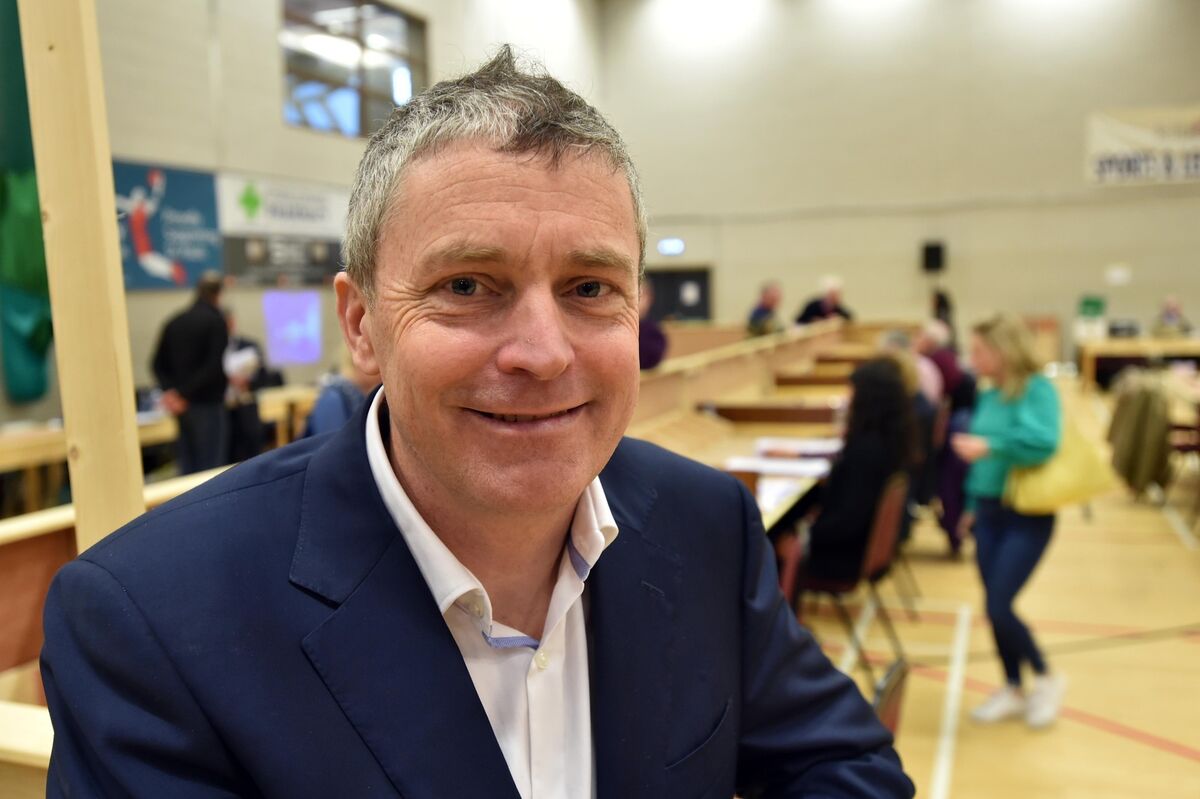
He says: “We know cars are dangerous and that is why we have seatbelts. We know drinking alcohol is dangerous and that is why it has age limits and location limits. We are saying that cannabis is dangerous and it is a public health problem. It causes long term and short term mental health disorders.
"It can cause physical health problems because most people smoke it. It poses risks of bronchitis, emphysema, and all those respiratory disorders, similar to cigarettes.”
He accepts that people do not smoke as many joints of cannabis a day as they do cigarettes, but said: “As we know, a lot of people cut cannabis with tobacco so cannabis has actually led a lot of people to be tobacco-addicted.” Passive cannabis smoking is something that people do not consider, but it will become an issue if cannabis is legalised.
“The concern I would certainly have is the passive intoxication issue, which would mean that you could have a situation where someone goes to a pub, sits out in the smoking area with their friends and is drinking Coke all night but gets stopped by gardaí and tests positive for cannabis.” He says that such a scenario would have to be considered if legalising cannabis is considered.

He also has a concern around the medical use of cannabis, because people are buying it on the black market while also on treatment or medication. He believes any such move by people should be done with the advice of their physician to ensure there are no adverse reactions to combining cannabis with some other drug.
This summer, the HSE launched a new drug harm-reduction campaign aimed at people attending Irish music festivals.
It offers harm-reduction information, as well as advice on how to reduce the risks associated with drug use.
Graham de Barra of Help Not Harm will be heading up drug welfare at Electric Picnic next month.
He says he supports regulating drugs to ensure safe supply for consumers, as well as calling for the immediate decriminalisation of all drugs including expunging criminal records.
It's official 24-hour Drug Welfare will return to #EP22 thanks @EPfestival for pioneering harm reduction & leading the way to ensure a safe sesh for everyone at live events in Ireland. This will have a generational impact on future revelers. #HelpNotHarmhttps://t.co/rQPLtdsqF8
— Graham de Barra (@GramsdB) June 28, 2022
He says: “If people are going to use drugs and potentially die at a music festival this summer then they should be afforded safe access and adequate services to prevent harm.
“Festivals are now required to have basic drug welfare which is a start at reducing some drug-related harms,” he adds.
Mr de Barra wants drug amnesty bins and drug checking on-site to be allowed at festivals.
“At festivals in the UK and Portugal people can safely test their drugs in real time. Service users are given amnesty from arrest for personal drug possession and are not punished for something that is primarily a health issue.”





